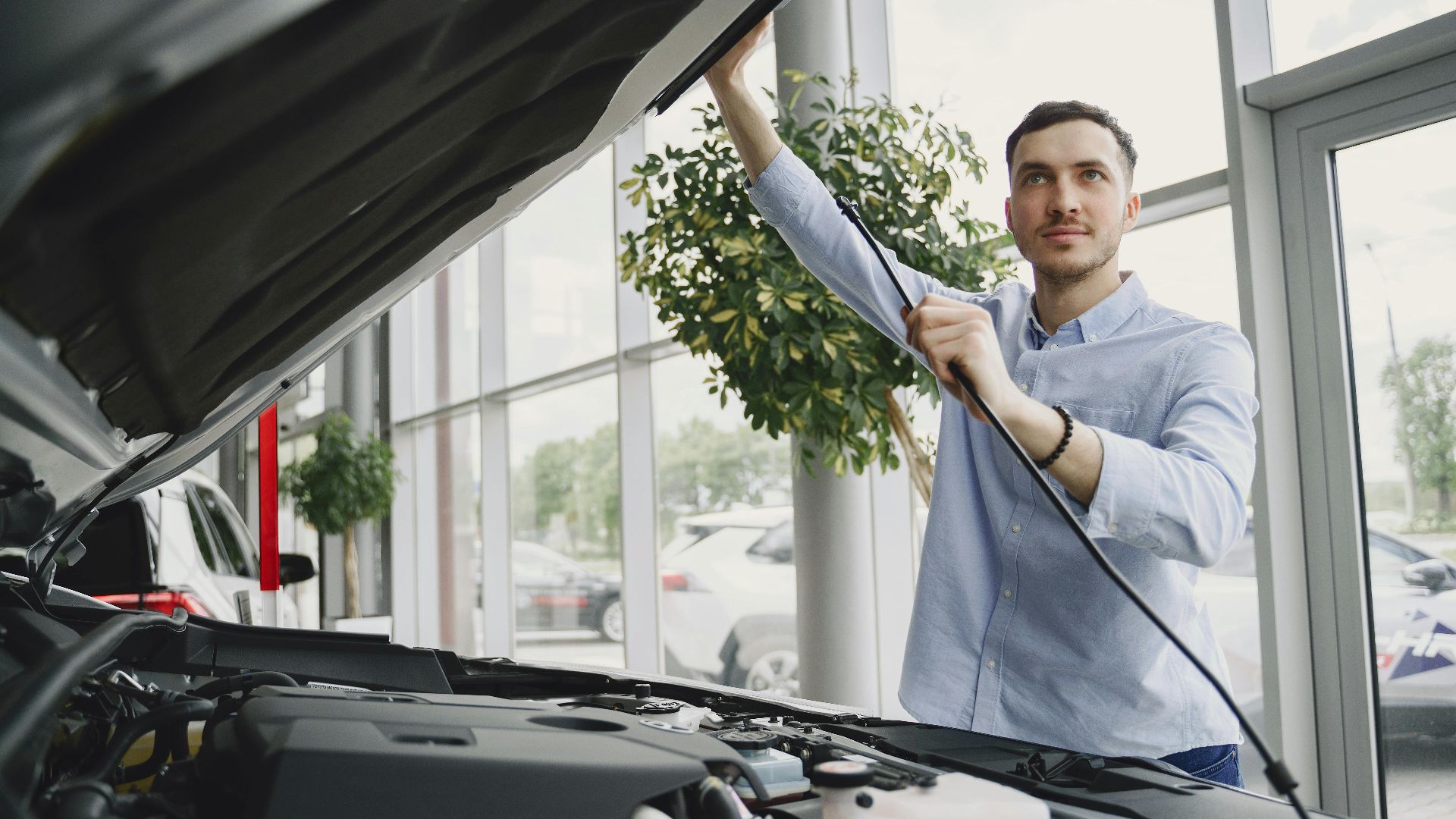There’s A Good Chance Your Mechanic Is Swindling You, Here’s How To Finally Break Free
There’s A Good Chance Your Mechanic Is Swindling You, Here’s How To Finally Break Free
A trustworthy mechanic is worth their weight in wrenches—but not everyone behind the counter earns that title. American drivers spend billions on unnecessary or inflated auto repairs, often without realizing it until it’s too late. Sometimes it’s a “critical” fluid flush; another time, a part that somehow fails right after warranty. The traps are subtle and widespread. The good news is that you can stop overpaying once you know what to watch for.
Recognize The Red Flags Early
The most common sign of a rip-off is pressure. If your mechanic insists that something must be fixed immediately but can’t show you the problem, that’s your cue to slow down. Reputable shops welcome questions and will gladly point out wear or leaks firsthand.
Another red flag is vague billing. Terms like “shop supplies” or “miscellaneous fees” can hide inflated costs. To avoid this, always ask for an itemized estimate before agreeing to work.
Also, beware of scare tactics. Some shops exaggerate safety concerns—claiming your brakes or tires are dangerously worn when they aren’t. If you’re unsure, request the old parts back. Dishonest mechanics often can’t produce them because nothing was replaced in the first place.
Do The Research Before You Hand Over The Keys
Before scheduling service, look up the Manufacturer’s Recommended Maintenance Schedule for your make and model. Many mechanics rely on outdated “30-60-90K mile” rules that no longer apply. Modern vehicles need fewer tune-ups, yet drivers still get upsold for unnecessary fluid changes or air-filter swaps.
Checking national labor-rate databases like RepairPal or AAA’s Car Repair Estimator gives you a fair price range before you commit. Even a quick Google search for “average cost of [repair name] in [your city]” helps you spot inflated quotes. Transparency equals leverage.
Choose The Right Type Of Shop
Dealerships often charge more for labor but use genuine manufacturer parts. Independent shops can be cheaper—but quality varies. The best option is a certified ASE (Automotive Service Excellence) mechanic. ASE certification requires ongoing training and testing, ensuring your technician stays up to date with the latest systems and repair standards.
You should also verify credentials with the Better Business Bureau and check reviews from verified customers, not just star ratings. Consistency matters more than one-off complaints.
Take Back Control Of The Conversation
When you drop off your car, describe symptoms, not diagnoses. Instead of saying “I think it’s the alternator,” explain what you’re hearing or feeling as you drive. This keeps dishonest mechanics from upselling based on your guess. Get every estimate in writing and never approve extra work by phone without a clear breakdown.
If a repair feels suspicious, you’re legally entitled to a second opinion—and most states require shops to return replaced parts if requested. That one question—“Can I see the old part?”—can deter shady behavior instantly.
The Bottom Line
Cars are complex, but protecting your wallet doesn’t have to be. With a little skepticism, solid research, and a willingness to walk away, you can break the cycle of surprise bills and unnecessary repairs. Another important fact is that the right mechanic will answer all the questions you have.









